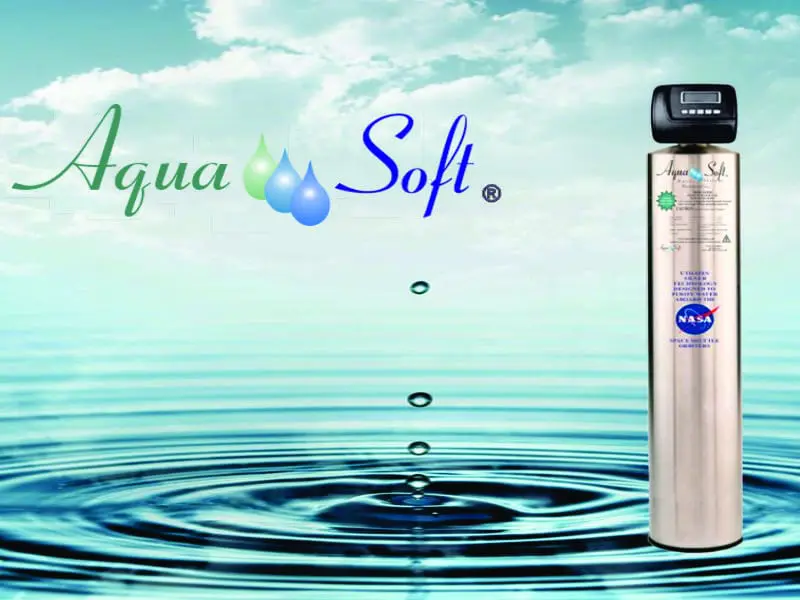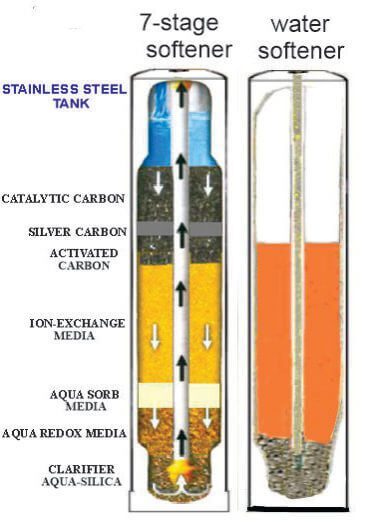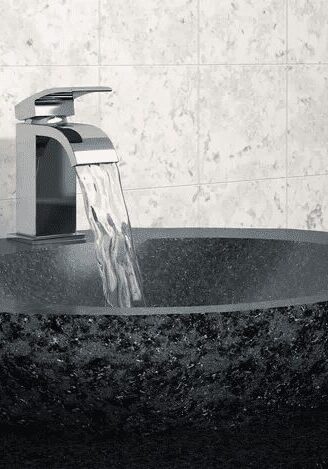
BLOG

What is the difference between a Water Softener and a Water Refiner?
A water softener is a one stage filtering system and will only soften your water. The water softener only removes contaminants that make the water hard. A water refiner can have many stages of filtration and will remove contaminants that make the water hard but also contaminants like: chlorine, chlorine by-products, chloriamines, heavy metals, pesticides, herbicides, insecticides and organic compounds.

Why Your Well Water Needs to be Filtered
Wells are a common source of drinking water for most homes. Drilling a water well in the home saves you money since you no longer have to pay for your drinking water if the water you derive from the well is safe.
Although well water has several advantages, you might need to install water filtration systems to maintain its quality and ensure it’s safe for household use.
Why You Should Invest in a Water Filtration System
One of the common issues you will experience with getting your water from the well is the rotten egg smell and taste. This is because wells contain bacteria and other contaminants that are challenging to eliminate. Investing in a filter will solve this problem and provide you with clean and odor-free household water for cooking, drinking, bathing, and washing clothes. Following are some of the advantages of investing in a well water filtration system.
- Improves taste and smell: A water filtration system incorporating a chlorinator with granular-activated carbon can remove bacteria, which is the leading cause of the awful taste and smell in the water. The activated carbon in the filter helps neutralize the odors. However, the chlorine in the water will make the water appear cloudy for the first few weeks, but it will clear up with time.
- Removes lead: Wells constructed using metal or concrete contain a high level of lead contamination. The old and rusty pipes running through the ground also contaminate the water with lead. This metal is harmful to your health, and it should not be present in water. A water filtration system comes equipped with a lead removal cartridge that eliminates lead and provides safe drinking water.
- Sediment removal: Sediments such as sand, iron, and gravel cause the hardening of well water. These sediments reduce the life span of faucets since they cause clogging and negatively affect health. However, a filter comes with an inbuilt system that actively removes sediments, thus protecting your faucets and health. The inbuilt system has different layers to eliminate large sediments such as rocks, gravel, and large sand particles. A second layer removes small deposits such as iron and fine sand.
- Water softening: Sediments and heavy metals are responsible for the hardening of well water. Hard water has detrimental effects on health and the house since it stains utensils and other home structures such as tiles due to high magnesium levels. Hard water does not create lather, making washing clothes and bathing quite challenging. Installing water filtration systems and
adding a water softener will solve the problem.
Conclusion
Using filtration systems has several benefits ranging from neutralizing the water pH, killing bacteria using its chlorine component, and ensuring your drinking water is contaminant-free. Contact professionals to install a water filter in your home, and you can enjoy the benefits mentioned above.

What is the difference between a Water Softener and a Water Refiner?
A water softener is a one stage filtering system and will only soften your water. The water softener only removes contaminants that make the water hard. A water refiner can have many stages of filtration and will remove contaminants that make the water hard but also contaminants like: chlorine, chlorine by-products, chloriamines, heavy metals, pesticides, herbicides, insecticides and organic compounds.

Why Your Well Water Needs to be Filtered
Wells are a common source of drinking water for most homes. Drilling a water well in the home saves you money since you no longer have to pay for your drinking water if the water you derive from the well is safe.
Although well water has several advantages, you might need to install water filtration systems to maintain its quality and ensure it’s safe for household use.
Why You Should Invest in a Water Filtration System
One of the common issues you will experience with getting your water from the well is the rotten egg smell and taste. This is because wells contain bacteria and other contaminants that are challenging to eliminate. Investing in a filter will solve this problem and provide you with clean and odor-free household water for cooking, drinking, bathing, and washing clothes. Following are some of the advantages of investing in a well water filtration system.
- Improves taste and smell: A water filtration system incorporating a chlorinator with granular-activated carbon can remove bacteria, which is the leading cause of the awful taste and smell in the water. The activated carbon in the filter helps neutralize the odors. However, the chlorine in the water will make the water appear cloudy for the first few weeks, but it will clear up with time.
- Removes lead: Wells constructed using metal or concrete contain a high level of lead contamination. The old and rusty pipes running through the ground also contaminate the water with lead. This metal is harmful to your health, and it should not be present in water. A water filtration system comes equipped with a lead removal cartridge that eliminates lead and provides safe drinking water.
- Sediment removal: Sediments such as sand, iron, and gravel cause the hardening of well water. These sediments reduce the life span of faucets since they cause clogging and negatively affect health. However, a filter comes with an inbuilt system that actively removes sediments, thus protecting your faucets and health. The inbuilt system has different layers to eliminate large sediments such as rocks, gravel, and large sand particles. A second layer removes small deposits such as iron and fine sand.
- Water softening: Sediments and heavy metals are responsible for the hardening of well water. Hard water has detrimental effects on health and the house since it stains utensils and other home structures such as tiles due to high magnesium levels. Hard water does not create lather, making washing clothes and bathing quite challenging. Installing water filtration systems and
adding a water softener will solve the problem.
Conclusion
Using filtration systems has several benefits ranging from neutralizing the water pH, killing bacteria using its chlorine component, and ensuring your drinking water is contaminant-free. Contact professionals to install a water filter in your home, and you can enjoy the benefits mentioned above.
